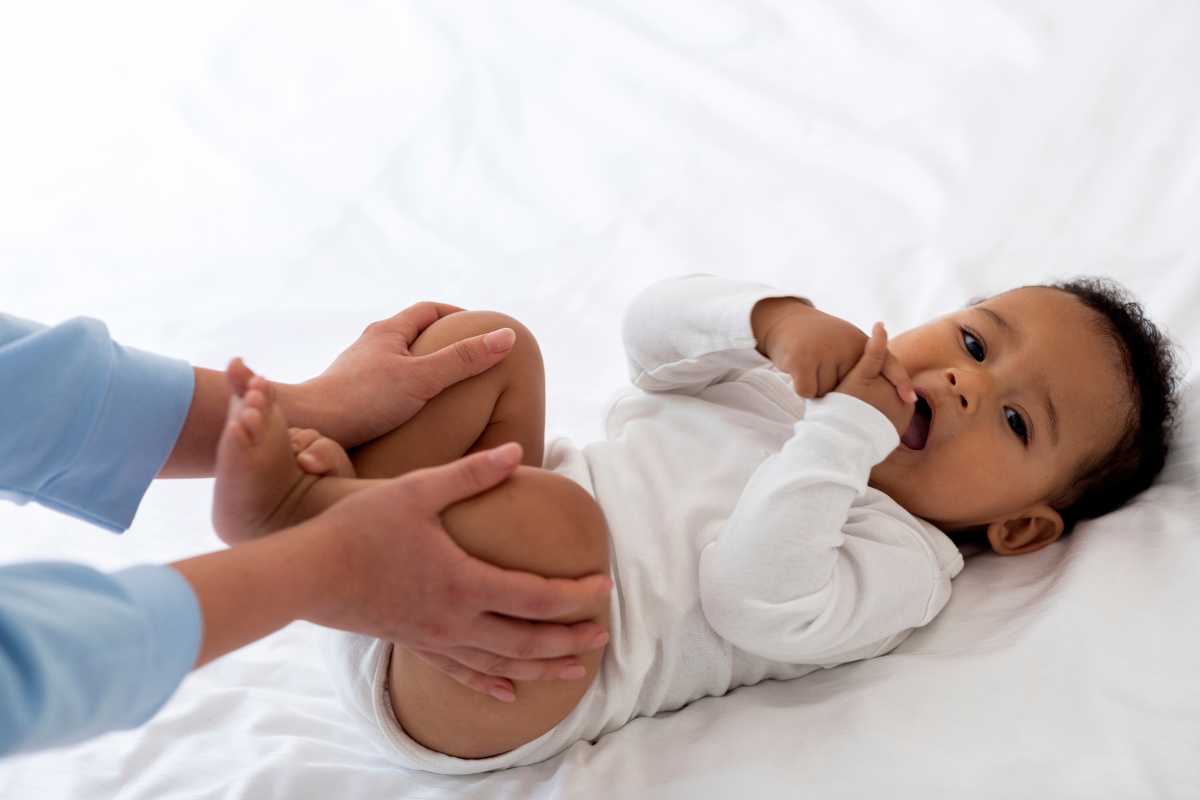 Schema + Rich Snippets – Dominate Search with Visual Results!
Schema + Rich Snippets – Dominate Search with Visual Results!
New Study Unveils Shared Immune Suppression Mechanism in Cancer and Pregnancy
Written by The Lifesciences Magazine » Updated on: June 17th, 2025

In a groundbreaking study recently published in Cell, a team of researchers has shed light on the shared immune tolerance mechanisms present in both cancer and pregnancy. The study zeroes in on the role of progestogen-induced B7 Homolog 4 (B7-H4), an immune checkpoint protein, highlighting it as a crucial onco-fetal immune tolerance checkpoint. This mechanism facilitates the immune system’s acceptance of both cancerous and fetal cells.
Immune checkpoint blockade (ICB) therapies have shown promise in treating various cancers by eliciting durable responses. However, a significant challenge remains as most patients do not respond to these treatments due to the tumor microenvironment’s (TME) suppressive networks. These networks enable cancer cells to evade the immune system and develop resistance to ICB. Similarly, pregnancy, which is a natural model of immune tolerance, utilizes comparable immunosuppressive pathways, including Programmed Death-Ligand 1 (PD-L1), Human Leukocyte Antigen-G (HLA-G), Indoleamine 2,3-Dioxygenase (IDO), and regulatory T cells (Tregs). Further research is imperative to understand fully and leverage B7-H4 targeting in both cancer and pregnancy-related immune tolerance.
Methodology and Animal Studies
The study employed a series of meticulous animal experiments to explore the role of B7-H4 in immune tolerance. Researchers used a spontaneous tumor model induced by Medroxyprogesterone Acetate (MPA) and 7,12-Dimethylbenz[a]anthracene (DMBA). Female Wild Type (WT) and B7-H4−/− mice were implanted with a subcutaneous slow-releasing MPA pellet. Additionally, the mice received weekly oral gavage doses of DMBA for six weeks.
Tumor growth was closely monitored, with researchers recording the number of evaluable tumors and measuring tumor dimensions using calipers. These measurements allowed for the calculation of tumor areas and monitoring of overall and tumor-free survival rates. For transplantable tumor models, primary cells isolated from tumor nodules were inoculated into WT mice, establishing subcutaneous transplant tumors. These models were used to test therapies involving Mifepristone (RU486), BD-9136, or anti-PD-L1 treatments.
The expression of B7-H4 on mouse endometrial epithelial cells (MEECs) was examined by administering RU486 to WT mice and subsequently harvesting and isolating cells from their uteri.
Pregnancy Models and Findings
The study also included pregnancy models to investigate B7-H4’s role in maternal immune tolerance. Female C57BL/6 (WT) and B7-H4−/− mice were mated with male BALB/c and C57BL/6 mice for allogeneic and syngeneic matings, respectively. Pregnant mice were euthanized at gestational day 13.5, and researchers recorded the number of fetuses and instances of fetal resorption, calculating the fetus resorption rate.
To delve deeper into immune cell involvement, researchers depleted CD4 and CD8 T cells using specific antibodies and confirmed the depletion efficiency via flow cytometry. Additionally, embryo transfer experiments were conducted by treating WT and B7-H4−/− female mice with Pregnant Mare Serum Gonadotropin (PMSG) and Human Chorionic Gonadotropin (hCG). These treated mice were then mated with respective males, and two-cell embryos were transferred to recipient mice. Pregnancy outcomes were assessed at gestational days 13.5 or 14.5.
This comprehensive study provides valuable insights into the shared mechanisms of immune suppression in cancer and pregnancy. The findings could pave the way for new therapeutic strategies that target these shared pathways, potentially improving outcomes for cancer patients and offering new perspectives on maternal-fetal health.
Also Read: Study Reveals Role of Gut Bacteria in Shaping Early Life Immune Tolerance
Note: IndiBlogHub features both user-submitted and editorial content. We do not verify third-party contributions. Read our Disclaimer and Privacy Policyfor details.
Copyright © 2019-2025 IndiBlogHub.com. All rights reserved. Hosted on DigitalOcean for fast, reliable performance.

















